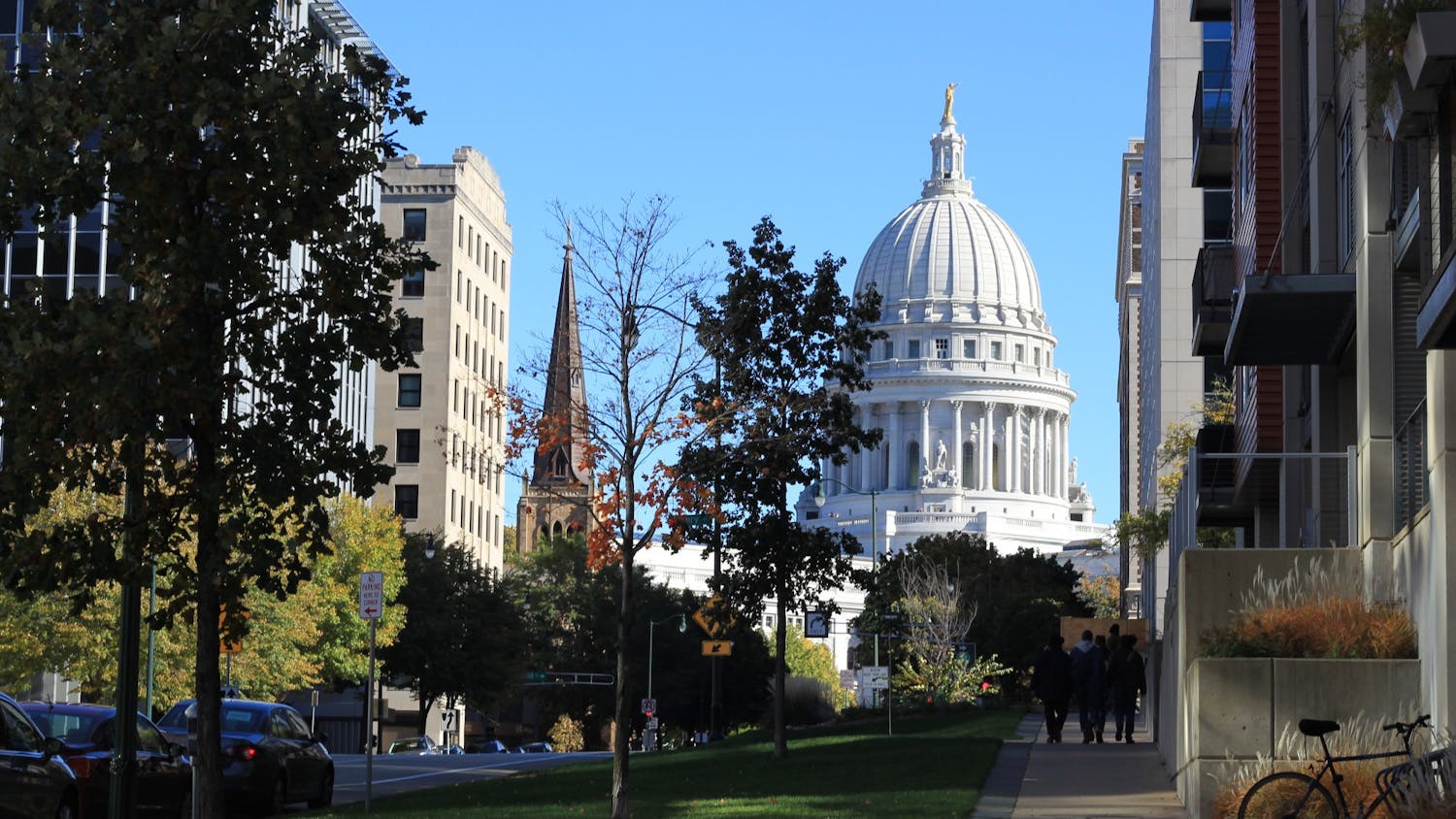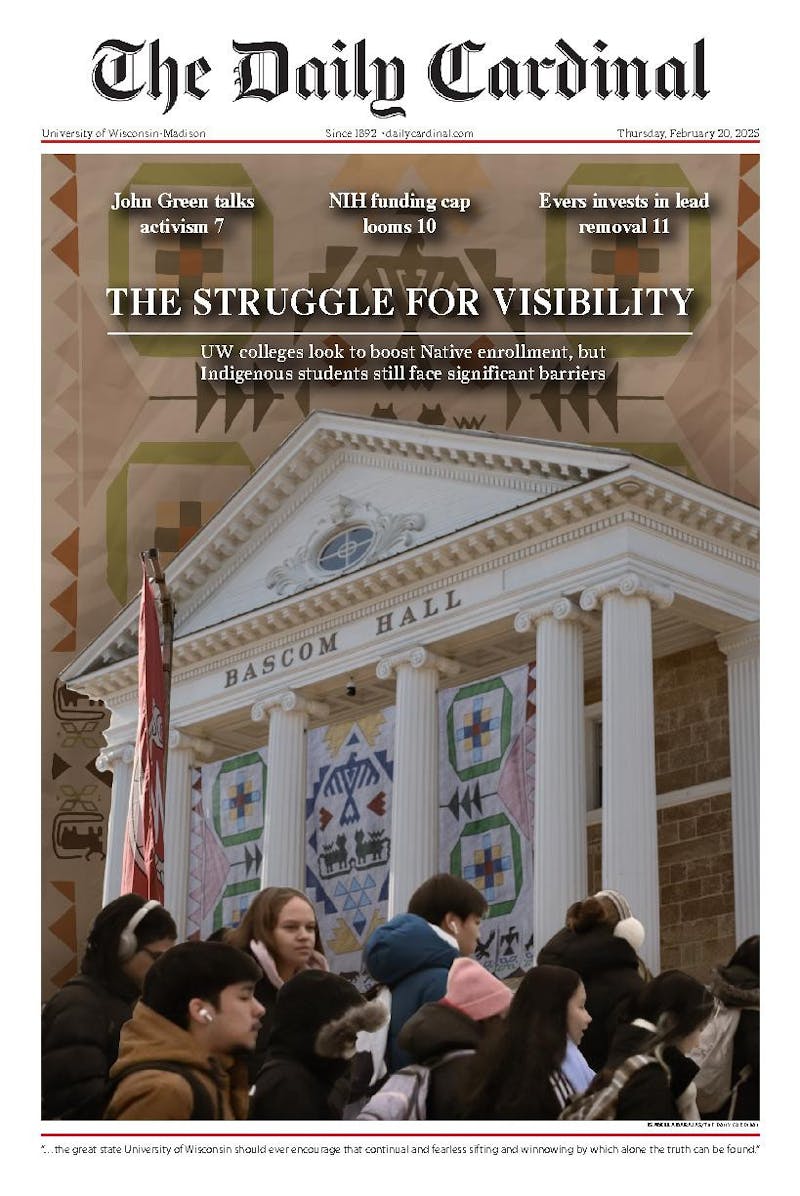Wisconsin abortion numbers have steadily declined over the past three years and are now at a record low, according to a newly released study.
According to the Wisconsin Right to Life, rates decreased from 9,817 in 2005 to 9,580 in 2006, the lowest rate since 1974.
The state abortion rate remained about eight per every 1,000 women between ages 15 and 44, which is nearly half the national rate of 15 per 1,000 recorded in 2003, according to the Department of Health and Family Services.
Both abortion rights and anti-abortion groups attribute the change in numbers to their efforts in pregnancy prevention policies.
Susan Armacost, legislative director for Wisconsin Right to Life, said studies show that younger generations are stronger supporters for anti-abortion values than previous generations.
""[They're] rejecting the pro-abortion positions of their parents and predecessors,"" she said. ""It's a generation that we believe will be the future of our movement.""
Armacost said professional television campaigns have also helped lower the abortion rate. One ad depicts images of a pregnant woman, previously in favor of abortion, using lines such as, ""Why is it when you want the baby it's a baby, but when you don't it's not â_ think about it.""
Anti-abortion laws may also have contributed to the decreased rates, Armacost said. Laws such as the Woman's Right to Know Act requires women considering abortion to be given a description of the procedure, details of adoption alternatives, procedural risks and options of medical assistance benefits when they go to an abortion clinic.
""We feel that the work of WRL has greatly contributed, and we estimate that almost 70,000 human lives have been saved,"" Armacost said.
Lisa Boyce, vice president of public affairs at Planned Parenthood, said the heightened awareness of birth control, more access to emergency contraception and new birth control methods have greatly reduced unplanned pregnancies and abortions in Wisconsin.
""We have seen a decrease not only in the incidence of abortion, but also lower pregnancy and birth rates,"" Boyce said.
Boyce said that enactments of health-care programs, such as the Family Planning Waiver Program that allows women access to easier, more affordable birth control services have helped to lower the numbers of abortions.
State Rep. Terese Berceau, D-Madison, said the state's policy has been to provide sexually active young girls both access to birth control as well as access to comprehensive sex education in schools.
""There has been more talk in sex education classes about the dangers of indiscriminate unprotected sex,"" she said. ""If someone is already sexually active, we'd rather see them protected than having pregnancies in their teens.""
Berceau said it is most important to find more information about the ages at which teens are starting to have sex and to use those numbers and make sex education a priority.
""I'm hoping these lower rates say that young people are making good choices in terms of when they're starting to have sex, with who and how prepared they are for relationships,"" Berceau said.





